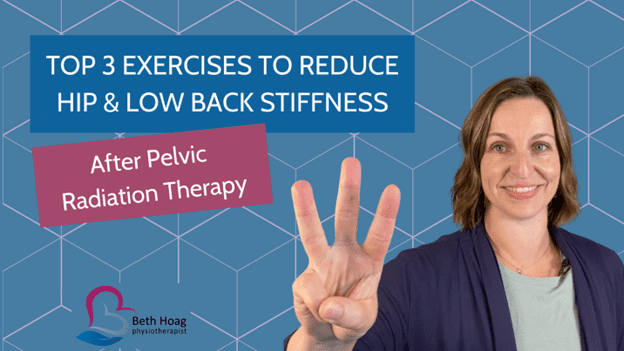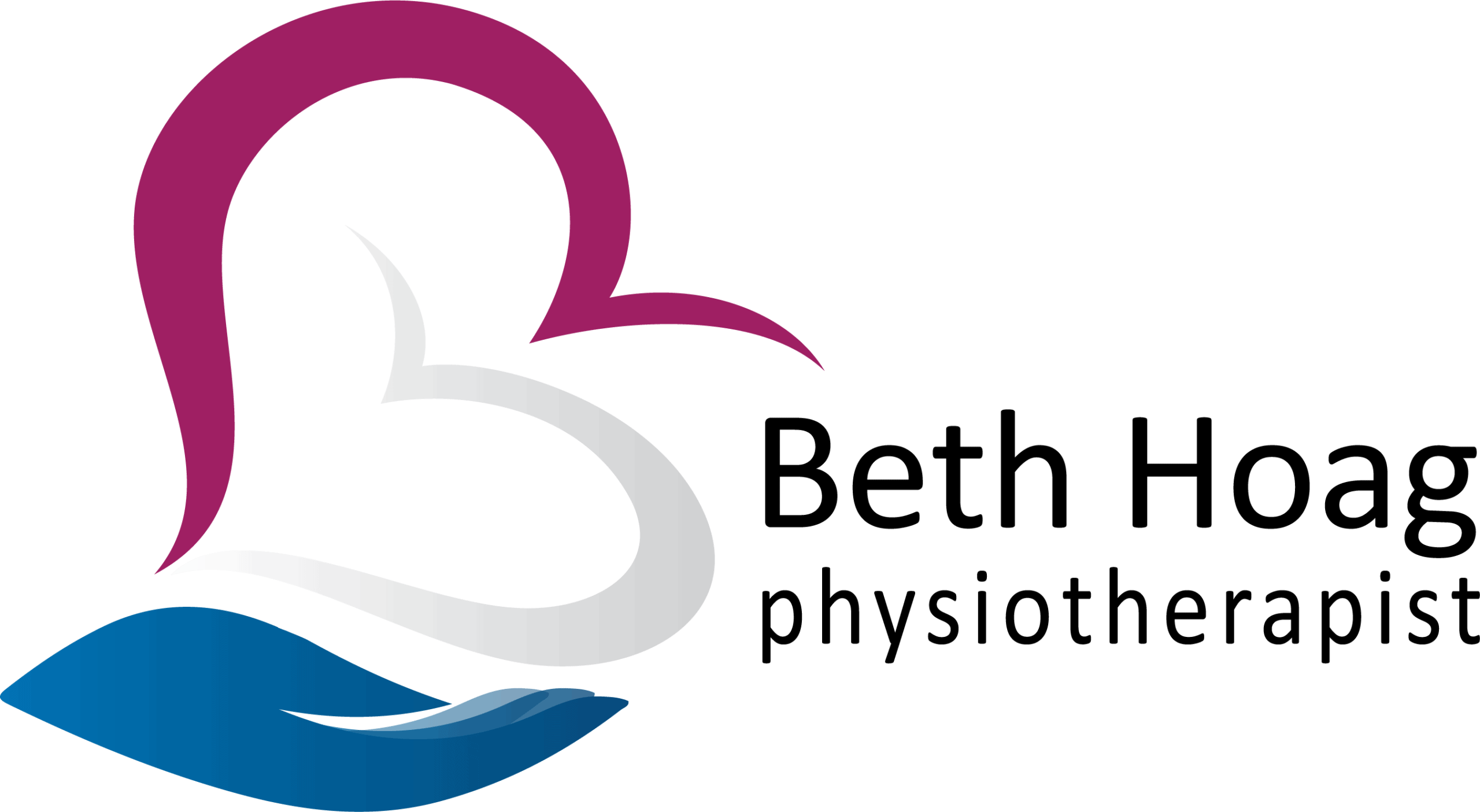In Part 1, Move Your Body, we explored the evidence behind why exercise is important and how to get or stay active during and after cancer treatment. In Part 2, Move Your Mind we explored the evidence behind mindfulness practices. In Part 3, the final post in this series, we are going to discuss the concept of self-care during and after cancer treatment.
When was the last time you really tuned into your body and mind to see what they were asking for? Really stop for a minute and let your mind wander back to that time….
Maybe your body needed to move. Or maybe your brain needed a break from all the chaos and wanted to watch a silly movie. Maybe you were craving a visit with a good friend. Or maybe your soul needed be alone in the outdoors.
Whatever it was, how did it feel to tune into and respond to that need… physically, mentally, and emotionally?
Now take a deep breath in… and out. Hold onto that feeling as you read on….
Self-Care
I consider self-care to be about listening to and nourishing the needs of our WHOLE selves. It’s about caring for our own wellbeing in body, mind and soul. The World Health Organization even says that self-care can promote health, prevent disease, and help people cope with illness (including cancer) (1).
But before we dive into this any further, we need to back up a little bit and first define what I mean by “the self.”
“The Self” Defined
There are so many different definitions of “the self” that I won’t even admit how many hours I went down the researching “rabbit hole” for this blog! I particularly love Gordon W. Allport’s definition of “the self” as being your “unique essence”…. your physical body, identity, self-perception, values, attitudes, beliefs and intentions (2).
Allport’s definition is an eloquent way of describing who we are, deep down at our core… emotionally, mentally, physically and spiritually. This is what I mean by “the self” as we go through this article.
“The self” is who we are, deep down at our core…
Emotionally, mentally, physically and spiritually.
Self-Care is More Than About Bubble Baths
Some days, cancer treatments can leave you feeling fatigued, unwell, and emotionally empty, but even simple self-care moments can make a big difference. Self-care doesn’t have to be complicated, expensive or time-consuming but it does need to be about creating small moments that bring us joy, calm and purpose in a way that matters to us. This is what I call moments that “fill your cup.”
In my home, if one of us is struggling to make a decision about something, we often ask each other “does this bring you joy?” This has been a very helpful way for us to clearly identify things that “fill our cup.” (And it’s amazing how much easier it is to make decisions when we frame it this way!)

What Fills Your Cup?
“Filling our cup” can be nurtured in any aspect of our wellbeing (read my blog on quality of life to review these aspects):
- Physical
- Social
- Spiritual
- Emotional/Psychological
- Mental
In Part 1 and Part 2 of this blog series we already addressed some aspects of physical and mental (i.e. emotional/psychological) self-care through physical exercise and mindfulness.
But caring for your WHOLE self also involves nurturing your need for social connections, connecting to things that you value (such as religion, nature, disconnecting from technology, etc.), and participating in things that give you a sense of purpose.
Self-Care is NOT Selfish
Being selfish involves a concern for oneself but without any consideration for or even at the expense of others (3). The motivation behind selfishness is self-absorbed and narcissistic. In contrast, self-care (or moving yourSELF) is an essential component of overall wellbeing, leaving you with more to share with others. Self-care is about replenishing your resources without depleting someone else’s.
If you remember nothing else from this blog but this, please know this….. Self-care is NOT selfish.
It bothers me when I hear people equate self-care as being selfish; I find there is an undercurrent of judgement (either directed at someone else or oneself) associated with that statement. Let me give you a personal example…
Many years ago, when I slowed down my in-person practice (as a form of self-care), I frequently found myself defending my workload when others would say “it must be nice.” Though there was a tone of jealousy in that response from others, I also came to realize that I was defending myself against my own self-judgement; I was viewing my choice to reduce my in-person caseload as a “selfish” act. That judgement came from within myself, and it took me awhile to work through and acknowledge that this was an important aspect of my own self-care. I value being truly present with my clients, and I am calmer and happier when I don’t have to rush; these work changes reflected my own deep values. Sure, it meant that I can’t see as many people in a week, but more importantly it has meant that I have so much more to give either when I am with a client or through other mediums like writing this blog post and building up my resources page.
“Self-care is about replenishing your resources with kindness and compassion. It results in you having more to share with others, not less.”
10 Ways to Move YourSELF (i.e. Practice Self-Care)
Specific forms of self-care will depend on your own unique physical abilities, values, attitudes and beliefs. But here are a few ways you can move yourSELF a little bit every day:
- Aim for 8 hours of sleep every night.
- Fuel your body with daily exercise and a balanced diet.
- Have a visit (in person or virtually) with a close friend.
- Read a book (or audiobook) that fuels your mind.
- Practice loving-kindness meditations daily.
- Spend some time in nature (or anything else that you connect with).
- Try journaling.
- Listen and trust your gut (i.e. your inner voice).
- Stop what you’re doing a breathe deeply for 3 minutes
- Do something creative (garden, paint, etc.)
Movement is Medicine: Conclusion
So this is the end of my “Movement is Medicine” series. Some of you may have now realized that my “movement philosophy” takes into account the 5 aspects of wellbeing that I described earlier in this article and more in-depth in another blog post. I believe that honouring all 5 aspects of wellness are an enormously important for authentic healing from the inside out, whether you are living with cancer or something else.
This is a philosophy that I choose to live by, so I promise you that I “practice what I preach.” I’m not saying that I’m perfect at it, and there are many days (or weeks) that I don’t quite get it right, but it’s not about being perfect. It’s about giving ourselves space to breathe and create moments of “me-time” each and every day.
On a daily basis, I witness the emotional, physical and mental toll that a cancer diagnosis has on my clients. As a physiotherapist we always begin with the physical, but all aspects of the self are acknowledged and welcomed into the healing process. Whether you join me in person, online or via these blogs, I invite you to regularly care for ALL the parts of you that make you whole.
We are only as good to others as we are to ourselves, and that begins with you.
So every morning when you wake up, I want you to remind yourself to do 3 things:
- Move your BODY
- Move your MIND
- Move yourSELF
You’re worth the investment!
Warmly,
Beth
REFERENCES:
- World Health Organization. 2022. Self-care Interventions for Health. Accessed January 8, 2022. https://www.who.int/health-topics/self-care#tab=tab_1
- American Psychological Association. 2020. Dictionary of Psychology: Self. Accessed January 8, 2022. https://dictionary.apa.org/self
- Merriam-Webster Dictionary. 2022. Selfish. Accessed January 8, 2022. https://www.merriam-webster.com/dictionary/selfish
Disclaimer – These blogs are for general information purposes only. Medical information changes daily, so information contained within these blogs may become outdated over time. In addition, please be aware that the information contained in these blogs is not intended as a substitute for medical advice or treatment and you should always consult a licensed health care professional for advice specific to your treatment or condition. Any reliance you place on this information is therefore strictly at your own risk.





